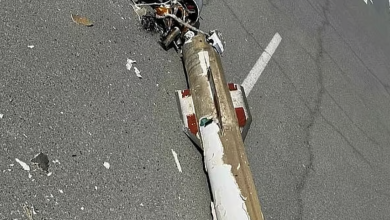The Philippine government is asking countries in the Middle East to end the “kafala” system.
The “kafala” is a sponsorship practice that leaves vulnerable workers with little protection and open to abuse, critics reportedly said.
This system requires a company or an employer, to sponsor migrant workers during his/her hiring process, such as the validation of their work visas and residency. Workers must also obtain permission from their sponsors before they can transfer employment or leave the country.
According to Atty. Bernard Olalia, Administrator of the Philippine Overseas Employment Administration (POEA), the kafala system makes a foreign worker prone to abuse and exploitation as his/her right to work and legal presence in the Middle East is dependent on his/her employer.
“Kafala is really wrong, and so we are looking at ways by which we could have it abolished,” said Olalia.
Olalia also made mention of the “horror stories” that urged the government to impose a deployment ban to Kuwait, and possibly to other Middle East countries with many cases of abuse.
“Before, the story is that our OFWs are being asked to sleep on top of refrigerators. Today, they are now being stored inside refrigerators,” he said.
Labor Sec. Silvestre Bello III has also sent a task force to the Gulf countries to submit its recommendations on the protection of OFWs, including the abolition of the kafala system.
The Philippine government seeks to end the kafala system after reports have emerged that domestic helper in some Middle East countries are being traded by their employers through auctions. Several crimes, such as homicide, and physical and sexual abuse committed by the sponsor to their workers have also pushed the government to abolish the system.
“Among the rights we want to uphold in these agreements is for host countries to make sure that the worker retains possession of his or her passport, and he or she will be allowed to have a constant line of communication to the family in the home country,” Olalia said.


